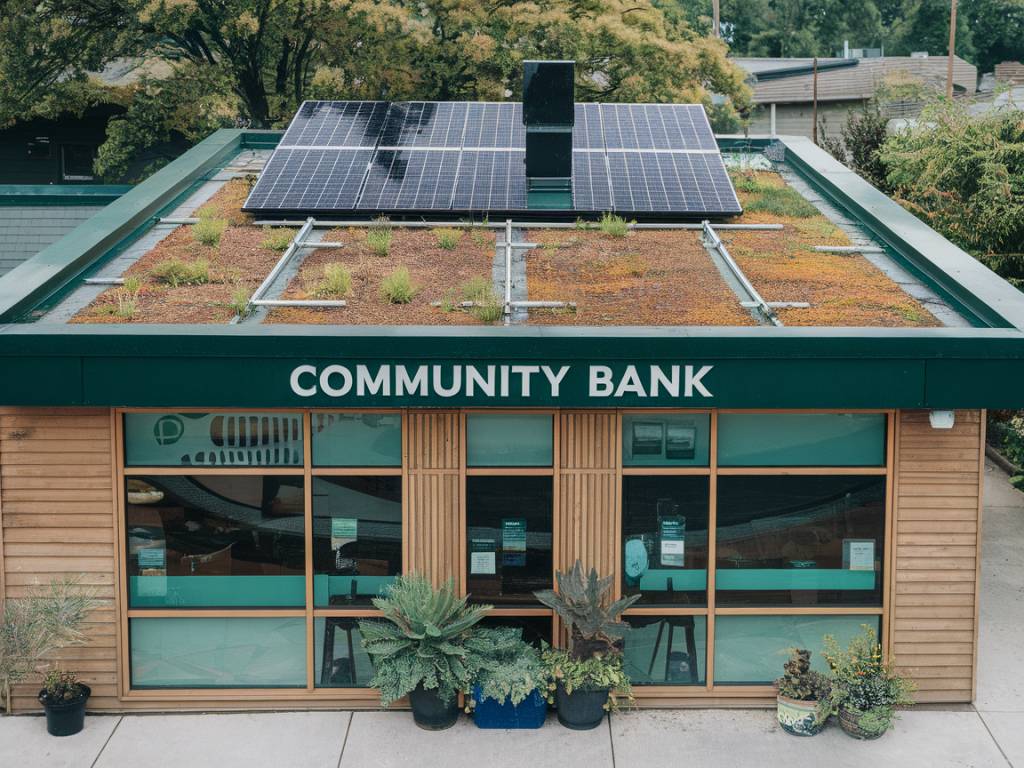the importance of social enterprises in wealth redistribution
Understanding Social Enterprises
Social enterprises are businesses that prioritize social impact alongside financial sustainability. Their goals are often tied to addressing societal issues such as poverty, education, healthcare, and environmental sustainability. Unlike traditional businesses, social enterprises reinvest their profits back into the community or use them to further their social missions.
In recent years, social enterprises have gained significant attention as effective mechanisms for wealth redistribution. They create opportunities for marginalized communities, stimulate local economies, and bridge the gap between the wealthy and the less privileged.
The Role of Social Enterprises in Wealth Redistribution
The concept of wealth redistribution involves transferring wealth from richer segments of society to those who are less affluent. This can be achieved through various means, including taxation, charitable donations, and sustainable business practices. Social enterprises play a unique role in this process through the following mechanisms:
- Job Creation: Social enterprises often operate in underserved areas, providing job opportunities where employment options may be limited. By hiring locally and creating fair wage opportunities, these businesses help to lift individuals out of poverty.
- Community Development: Profits from social enterprises are frequently reinvested into community projects such as education, infrastructure, and healthcare. This reinvestment helps improve the overall quality of life in the community.
- Inclusive Business Models: Many social enterprises adopt inclusive business models that involve working directly with marginalized groups, such as smallholder farmers, artisans, and people with disabilities. This fosters a more inclusive economy where all participants benefit.
Practical Examples of Social Enterprises
Several social enterprises around the world are making significant strides in wealth redistribution. Here are a few notable examples:
- Grameen Bank (Bangladesh): Grameen Bank, founded by Nobel laureate Muhammad Yunus, provides microloans to poor entrepreneurs in Bangladesh. By offering financial services to those traditionally excluded from banking, Grameen Bank helps individuals start small businesses and improve their economic standing.
- Divine Chocolate (UK/Ghana): Divine Chocolate is a social enterprise co-owned by the cocoa farmers in Ghana who supply the cocoa. This model ensures that farmers earn a fair share of the profits, enabling them to invest in their communities and improve their livelihoods.
- Araku Coffee (India): Araku Coffee works with tribal farmers in India, providing them with training and resources to cultivate high-quality coffee. By linking these farmers directly to international markets, Araku Coffee ensures that they receive better prices for their produce, thus enhancing their income.
Relevant Case Studies
Let’s delve deeper into some case studies to illustrate the impact of social enterprises on wealth redistribution.
Case Study: Grameen Bank
Grameen Bank’s model of microfinance has been revolutionary. It has over 9 million borrowers, 97% of whom are women. The bank provides small loans without requiring collateral, enabling borrowers to invest in income-generating activities such as agriculture, trade, and services.
Statistics show that over 80% of Grameen Bank borrowers have lifted themselves out of poverty. Moreover, the repayment rate stands at an impressive 98%. This success demonstrates how access to financial services can empower individuals and drive economic growth.
Case Study: Divine Chocolate
Divine Chocolate operates on a co-ownership model where the Ghanaian farmers’ cooperative Kuapa Kokoo owns 44% of the company. This ownership structure gives the farmers a significant share of the profits and a say in the company’s decisions.
Since its inception, Divine Chocolate has paid millions in Fairtrade premiums to the farmers, which have been used to fund social projects such as schools, wells, and medical facilities. This investment in community development underscores the power of social enterprises in fostering wealth redistribution.
Key Concepts in Social Enterprise
To understand the importance of social enterprises in wealth redistribution, it’s essential to grasp some key concepts:
- Triple Bottom Line: Social enterprises often follow the triple bottom line approach, which emphasizes three Ps: People, Planet, and Profit. This framework ensures that businesses are not only financially sustainable but also socially and environmentally responsible.
- Impact Investing: Impact investors look to generate positive social and environmental outcomes alongside financial returns. By investing in social enterprises, they contribute to wealth redistribution and social equity.
- Social Return on Investment (SROI): SROI is a method for measuring and accounting for the social, environmental, and economic value created by a social enterprise. It provides a broader perspective on the enterprise’s impact beyond financial performance.
Recommendations for Supporting Social Enterprises
If you are inspired by the potential of social enterprises to drive wealth redistribution, here are some ways you can support and engage with these businesses:
- Invest in Social Enterprises: Consider allocating a portion of your investment portfolio to impact investing. By providing capital to social enterprises, you are directly contributing to their growth and the social good they generate.
- Support Through Purchases: Whenever possible, buy products and services from social enterprises. Your purchasing power can help sustain these businesses and enable them to continue their important work.
- Advocate for Policy Changes: Encourage policymakers to create environments that are conducive to the growth of social enterprises. This could include tax incentives, grants, or regulatory support.
- Volunteer or Offer Expertise: If you have skills that could benefit a social enterprise, consider offering your time and expertise. Many social enterprises could use assistance in areas such as marketing, finance, and operations.
In essence, social enterprises are critical players in the effort to redistribute wealth and create more equitable societies. By supporting these innovative business models, we can contribute to systemic change that benefits everyone.



